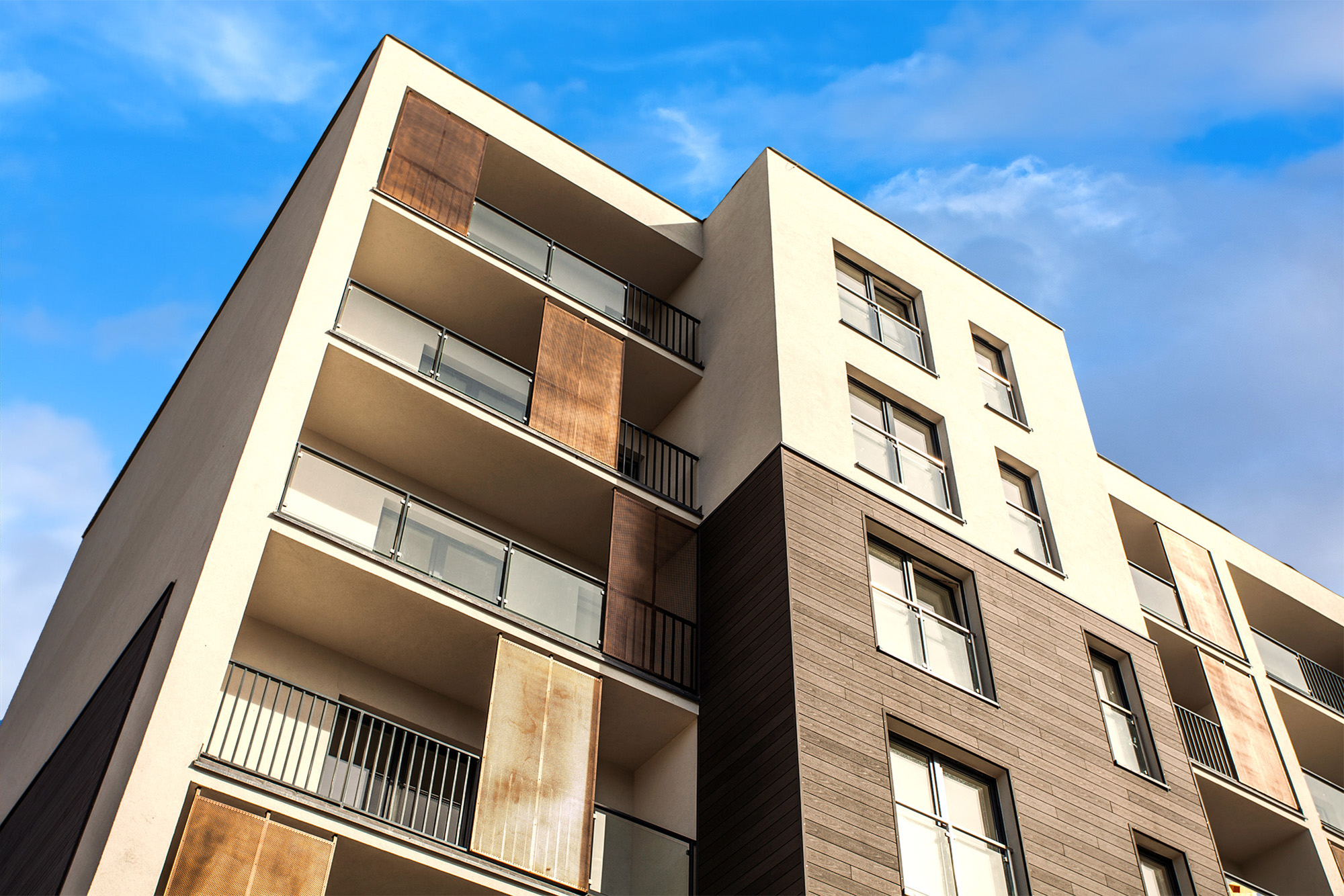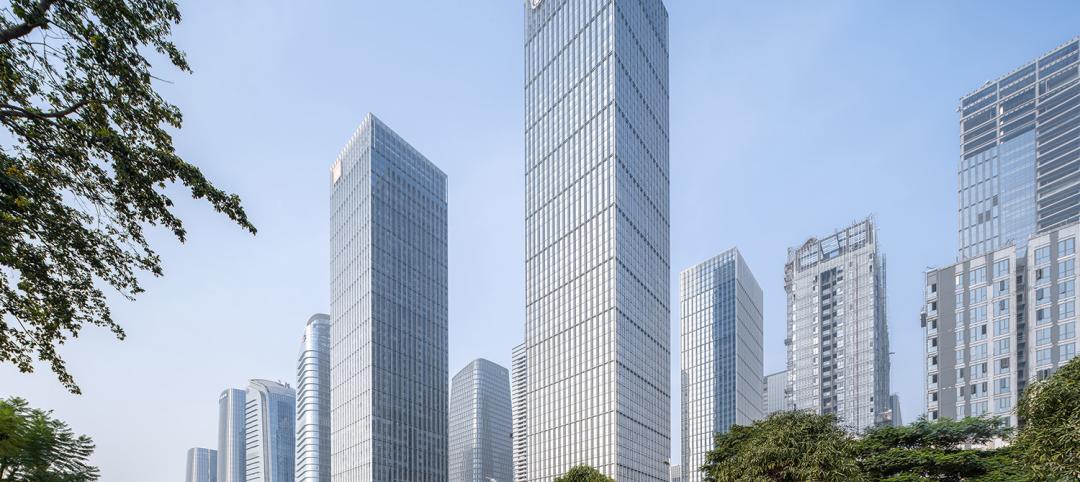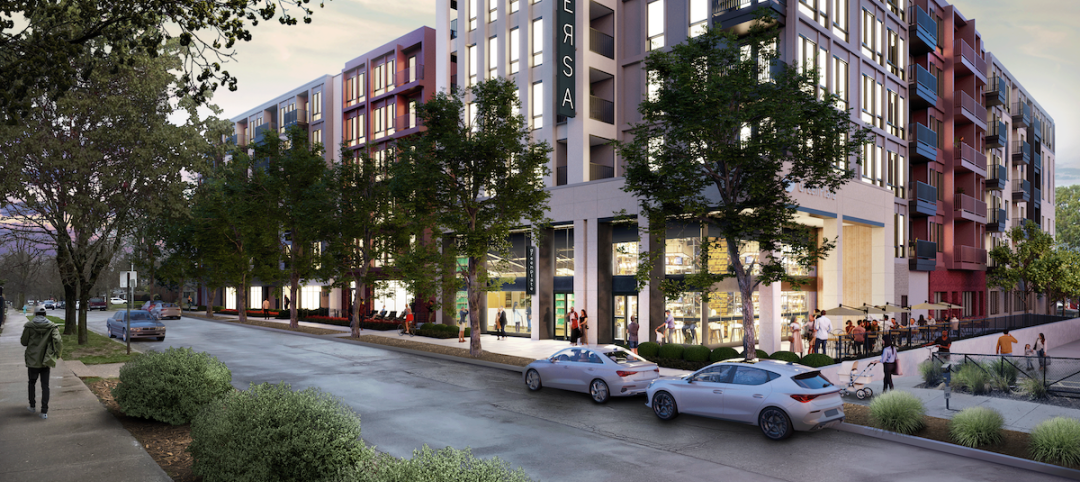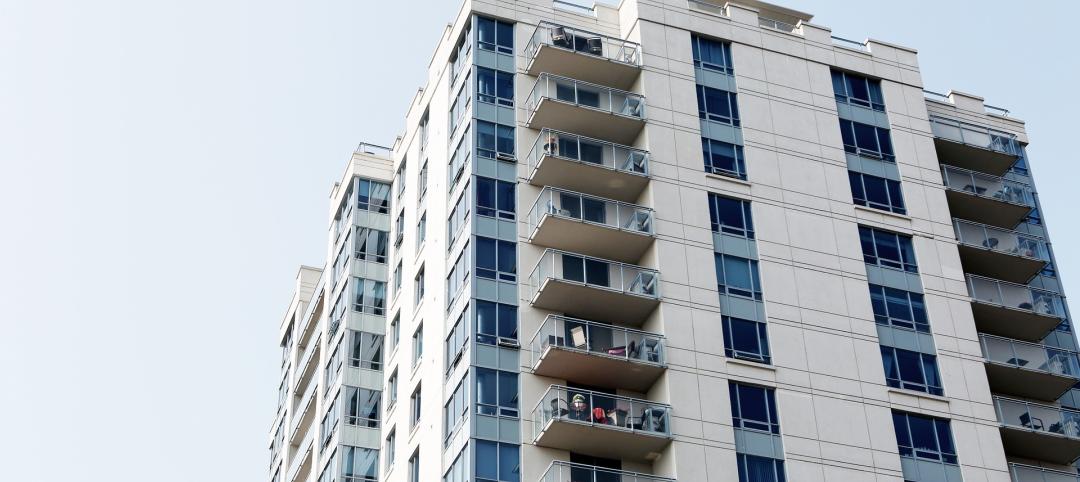Over 56 developers, operators, and investors across the country were surveyed in John Burns Research and Consulting's recently-launched Apartment Developer and Investor Survey. The November 2023 report collected two month's of data to find clarity in the multifamily market, including capital access, lease-up challenges, and the overall development pipeline.
Overall, Burns has outlined four key takeaways for developers and investors to be mindful of in 2024.
Burns Apartment Developer and Investor Survey Takeaways
1. Apartment developers anticipate a dramatic decrease in construction and new starts
As post-Covid construction has peaked, developers expect new apartment starts to slow by 20–50%.
Forty percent of developers surveyed have over 500 units currently under construction. While a surge of projects will finish by 2025, future starts are believed to slow dramatically.
Nearly all respondents have found securing financing to be increasingly difficult.
2. Investors “sidelined” as interest rates create cautious lenders
Apartment transactions have come to a halt as financing tightens and pricing uncertainty grows. Only 16% of those surveyed reported selling an apartment property in the last six months, and 70% say they are not planning to purchase in the next six months.
There was little consensus on current pricing levels. A few respondents believe their assets are undervalued, while the rest are split between seeing their assets as fairly-priced or overvalued. According to Burns, this disparity reflects the ongoing disconnect between buyers and sellers.
3. Affordability is an important factor for residents of newly opened communities
A significant factor for resident retention is affordability. The research finds that the most common reasons tenants won't renew their lease is to move into a less expensive apartment or to move in with roommates instead.
Three-quarters (75%) of respondents are averaging double-digit monthly leases at unstabilized communities as well, indicating healthy lease-up trends.
4. Thoughtful design and amenities—especially service-oriented ones—must be superior
According to Burns, developers have underscored the importance of project design and high-quality amenities. Those surveyed indicated that new communities must have amenities that are in-line, if not superior, to the competition.
Some have also begun focusing less on physical amenities like pools and parks, and more on service-oriented amenities such as concierge services.
Click here to access the entire Apartment Developer and Investor Survey.
Related Stories
Mixed-Use | Jun 12, 2023
Goettsch Partners completes its largest China project to date: a mixed-used, five-tower complex
Chicago-based global architecture firm Goettsch Partners (GP) recently announced the completion of its largest project in China to date: the China Resources Qianhai Center, a mixed-use complex in the Qianhai district of Shenzhen. Developed by CR Land, the project includes five towers totaling almost 472,000 square meters (4.6 million sf).
Mixed-Use | Jun 6, 2023
Public-private partnerships crucial to central business district revitalization
Central Business Districts are under pressure to keep themselves relevant as they face competition from new, vibrant mixed-use neighborhoods emerging across the world’s largest cities.
Multifamily Housing | Jun 6, 2023
Minnesota expected to adopt building code that would cut energy use by 80%
Minnesota Gov. Tim Walz is expected to soon sign a bill that would change the state’s commercial building code so that new structures would use 80% less energy when compared to a 2004 baseline standard. The legislation aims for full implementation of the new code by 2036.
Multifamily Housing | Jun 1, 2023
Income-based electric bills spark debate on whether they would harm or hurt EV and heat pump adoption
Starting in 2024, the electric bills of most Californians could be based not only on how much power they use, but also on how much money they make. Those who have higher incomes would pay more; those with lower incomes would see their electric bills decline - a concept known as income-based electric bills.
Multifamily Housing | May 30, 2023
Boston’s new stretch code requires new multifamily structures to meet Passive House building requirements
Phius certifications are expected to become more common as states and cities boost green building standards. The City of Boston recently adopted Massachusetts’s so-called opt-in building code, a set of sustainability standards that goes beyond the standard state code.
Multifamily Housing | May 30, 2023
Milhaus, Gershman Partners, and Citimark close on $70 million multifamily development in Indy
Versa will bring 233 studio and one- and two-bedroom apartments to Indianapolis's $271 million, Class-A Broad Ripple Village development enterprise.
Multifamily Housing | May 23, 2023
One out of three office buildings in largest U.S. cities are suitable for residential conversion
Roughly one in three office buildings in the largest U.S. cities are well suited to be converted to multifamily residential properties, according to a study by global real estate firm Avison Young. Some 6,206 buildings across 10 U.S. cities present viable opportunities for conversion to residential use.
Multifamily Housing | May 19, 2023
Biden administration beefs up energy efficiency standards on new federally funded housing
The Biden Administration recently moved to require more stringent energy efficiency standards on federally funded housing projects. Developers building homes with taxpayer funds will have to construct to the International Energy Conservation Code (IECC) 2021 for low-density housing and American Society of Heating, Refrigerating and Air-Conditioning Engineers ASHRAE 90.1 for multi-family projects.
Affordable Housing | May 17, 2023
Affordable housing advocates push for community-owned homes over investment properties
Panelists participating in a recent webinar hosted by the Urban Institute discussed various actions that could help alleviate the nation’s affordable housing crisis. Among the possible remedies: inclusionary zoning policies, various reforms to increase local affordable housing stock, and fees on new development to offset the impact on public infrastructure.
Multifamily Housing | May 16, 2023
Legislators aim to make office-to-housing conversions easier
Lawmakers around the country are looking for ways to spur conversions of office space to residential use.cSuch projects come with challenges such as inadequate plumbing, not enough exterior-facing windows, and footprints that don’t easily lend themselves to residential use. These conditions raise the cost for developers.


















